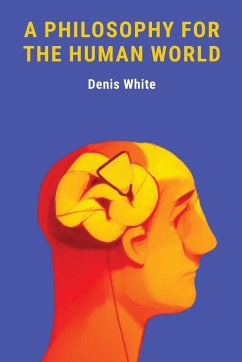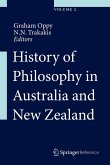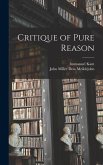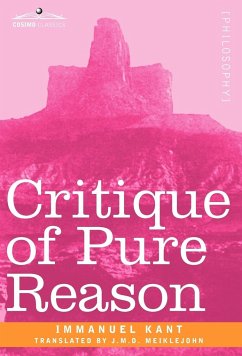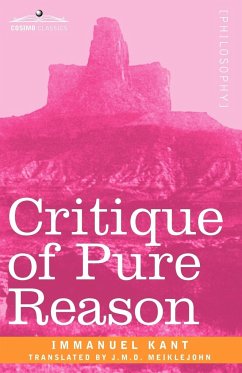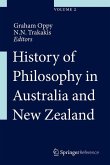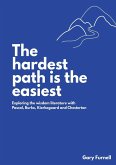Consciously or unconsciously, we humans treasure our ways of life, and we thirst for opportunity. This book is a Twenty-First Century journey through these epic aspirations. 'A unique philosophy drawn from a lifetime of observations of the human condition and the choices inherent in all of us to live a good and happy life.' -- Georgina Downer 'Maps core elements of humanity, shines a light on the 'inner being', and examines 'sharing' as a central human mystery. Once started, this book is hard to put aside.' -- Rick Tudor 'Impressive in its ambition and the depth of its reasoning' -- David Runia 'Makes complex concepts accessible... Provides a hopeful guide as we grapple with who we are, what we're doing, and what we want in a disturbing world... We need a human philosophy to quieten our inner voices, re-ignite our imaginative possibilities, and guide us fearlessly forward... This philosophy explores the questions and challenges we meet in making meaningful lives.' -- Rosemary Blight This philosophy elaborates two central ideas - that humans make ways of life, and that we are on our own. A 'Letter To The Reader' and the first chapter overview the book, explain its context, introduce its ideas, and assert the value of human life. They contend that 'humans make ways of life' is incontrovertible. They explain how 'humans are on their own' encapsulates human responsibility and independence. They reflect on reason, nature, religion and history as discussable but unsatisfactory starting points for understanding the human world. The next three chapters explore three aspects of the human world - how measuring is fundamental, how machinery is enabling, and how humans know much but not everything. The following three chapters explore the organization of this world - the distinctions between individuals and groups, the dynamics of humanity, the character of politics, the place of government, the role of decision-makers. The final chapter considers threats, pre-conditions of achievement, and the implications of our being 'makers of ways of life and on our own'. The conclusion pulls the threads together by arguing that 'If we ask what freedom and diversity come to in the end, the answer is that they are always the lifeblood of the human world'.

